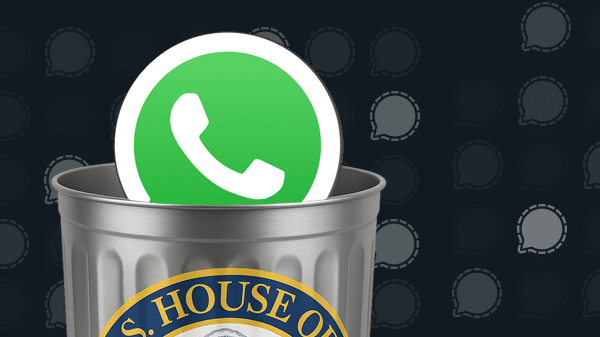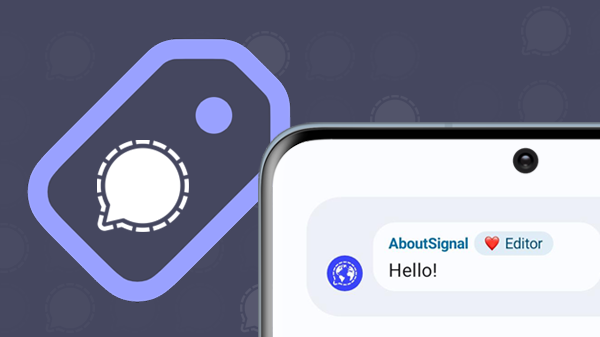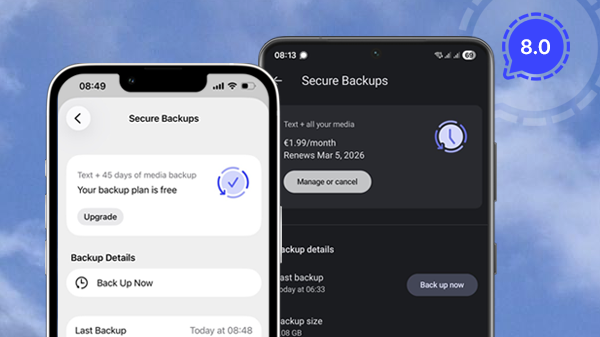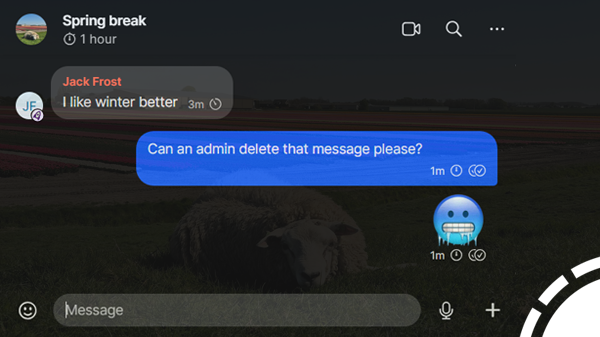Staffers at the U.S. House of Representatives are no longer allowed to use WhatsApp on their work phones and computers. Anyone who has WhatsApp installed must delete the app and install more secure alternatives like Signal.
The Chief Administrative Officer (CAO) of the House informed staffers in an internal email on Monday that WhatsApp is considered a “high risk.” “The Office of Cybersecurity has deemed WhatsApp a high-risk to users due to the lack of transparency in how it protects user data, absence of stored data encryption, and potential security risks involved with its use,” according to the email obtained by Axios.
Staffers are no longer permitted to download the app on government-issued devices and are instructed to remove it if it is already installed. This applies to mobile phones, desktops, and the web version of WhatsApp.
In the same email, the Office of Cybersecurity listed several approved alternatives to WhatsApp. One of the recommended apps is Signal, known for its strong focus on privacy and its use of open-source technology. Other approved tools include Microsoft Teams, Wickr, iMessage, and FaceTime.
Meta’s typical response: “But your messages on WhatsApp are end-to-end encrypted”
Andy Stone, a spokesperson for Meta, told Axios that they “strongly disagree” with the House’s decision to ban WhatsApp. “Messages on WhatsApp are end-to-end encrypted by default, meaning only the recipients and not even WhatsApp can see them. This is a higher level of security than most of the apps on the CAO’s approved list that do not offer that protection,” the spokesperson said.
What the spokesperson failed to mention is that WhatsApp can and does collect a vast amount of other data, including metadata, your profile photo, personal information, group names, and descriptions of your communities and groups, as detailed in WhatsApp’s privacy policy. All phone numbers in your contact list are also uploaded to WhatsApp — including those of contacts who don’t even use the app.
Because WhatsApp is closed source, no one can verify whether WhatsApp is telling the truth or what is actually happening with your data. The fact that WhatsApp — or potential hackers — have or could gain access to all of your information is already a major security and privacy risk, making WhatsApp far less secure than Signal.
Signal is open source, which means anyone can inspect what the code does. Signal is built to know nothing about its users and encrypts much more than just your messages and calls. After all, data you don’t have cannot be misused or collected.
Don’t have Signal yet? Download Signal via your app store.





